Professional Liability
Our lawyers have in-depth experience with the complexities of professional liability policies. We appreciate that professionals, like other business owners, face a wide variety of liability risks, some ordinary and common to all businesses, and others extraordinary. These risks include: bodily injury; property damage; and financial losses suffered by clients and non-clients; wrongful termination; harassment and retaliation suffered by employees; defamation claims; copyright, patent and trademark infringement claims; civil rights claims; and in the case of public companies, securities claims. As claims involving professional services are typically excluded under general liability policies, professionals often purchase separate professional liability coverage. Although general liability and professional liability policies are designed to insure different risks, it is sometimes difficult to determine whether a particular claim implicates the general liability coverage or the professional liability coverage. On occasion, some claims conceivably trigger coverage under both general liability and professional liability policies.
Our team has extensive experience with traditional professional liability policies for doctors, lawyers, accountants, architects, engineers, and insurance agents/brokers. More distinguishing, our lawyers have depth with newer policies covering everything from advertising agencies and web hosting companies to wedding planners. Whether a claim is covered under a professional’s general liability policy, professional liability policy, or both, may have significant implications for the insured and insurer. Often, the two types of coverage are subject to different coverage triggers. Moreover, one policy may offer broader coverage terms than the other. Professional liability policies operate on a claims-made basis, covering only claims made during the policy period and not claims based on occurrence.
Accountants
Accountants face a myriad of claims that can be filed against them, including professional negligence, misrepresentation, breach of contract, RICO, unfair trade practices, civil conspiracy, breach of fiduciary duty, and securities fraud. Defending claims against accounting professionals demands a working knowledge of the types of engagements accountants typically enter into, the typical claims made against accounting professionals, and the available lines of defense to those claims. Our lawyers apply this approach to assess and defend claims against accounting professionals. We provide our clients an understanding of the various applicable standards and governing regulatory authorities. We help accountants think through the precise nature of the accountant-client relationship. We guide accounting professionals through each step of a lawsuit, from the filing of a complaint and other pleadings, to discovery, witness preparation, retention of experts, trial preparation, and settlement.
Appellate Advocacy
The appellate outcome of professional liability matters is equally important to the outcome of a trial or lower court proceeding. Appeals often have precedent setting significance with impact far beyond a single matter. Success at the appellate level requires different skills than those applied at trial. It is important to understand the appellate bench, and the perfection of the record.
Our lawyers’ analytical, writing, and oral advocacy skills are honed for success on appeal. Our lawyers have served as judicial law clerks to trial and appellate court judges, providing insight into the working of the priorities and decision-making of the bench.
Our Professional Liability lawyers work closely with our Appellate Practice Group – teaming together to often parachute into matters handled by separate trial counsel. We are regularly sought in this regard to serve as appellate monitoring counsel during trial. Clients also engage us to write amicus curiae briefs, and to work with other trial counsel to ensure that professional liability matters are properly postured for appeal.
Architects, Engineers and Other Design Professionals
Design and construction professionals have a duty to practice their trades within the applicable standard of care unique to these disciplines. In other words, it is required that services be provided free of negligence, and in keeping with that standard of care. We represent architects, engineers and other design professionals in contractual issues related to project delivery systems such as design-build, design-bid-build, fast-track or any combination, and advising on their relationships with owners, consultants, contractors or subcontractors, during the pre-design, design, construction and post-construction phases. Our practice in this area is enhanced by the group’s experience in the formation and management of design professional practices.
Our Professional Liability Practice Group lawyers who focus on design professional issues work closely with team members in our Construction Practice Group.
Cyber and Technology
Companies of all sizes, both in the United States and abroad, have experienced cyber security issues. These issues involve inadvertent data loss, as well as criminal cyber attacks with hazards including data breaches and ransomware. The effects of cyber security issues can be broad and far-reaching, implicating multiple insurance policies. We advise clients on numerous risks arising from cyber and privacy. These include coverage for data breaches, data loss, and data restoration claims. Our lawyers understand the ever-changing landscape of cyber and technology, including scope of cyber coverage.
Our Professional Liability Practice Group lawyers who focus on cyber and technology issues work closely with team members in our Cyber, Technology, and Social Media Practice Group.
Directors & Officer and Financial Services
Whether stated as a shareholder suit, employment practices claim, or a fiduciary breach, we understand claims against directors and officers. We recognize the position of risk often times assumed by members of a corporation’s board, and we are prepared to undertake the careful and thoughtful representation necessary for a successful and satisfactory resolution. Our lawyers have represented management, as well as outside directors, in various cases involving challenges to public disclosures in connection with public offerings, derivative actions involving fiduciary duty claims and claims brought by regulators and rehabilitators.
Our Professional Liability Practice Group lawyers who focus on corporate executive issues work closely with team members in our Commercial and Corporate Practice Group.
E-Discovery
Our professional liability lawyers advise our clients in developing pre-litigation policies and procedures and in implementing effective technologies to manage and dispose of data defensibly and consistently with emerging best practices. They also advise clients on preserving documents and data effectively where there is a duty to preserve. We work with clients to explain defensible disposal before there is a duty to preserve. We also work hand-in-glove with clients once a duty to preserve arises to ensure legal holds are complied with and their scope is addressed. Our managing partner, John Jablonski, is nationally recognized in this arena. He is the Editor of Arkfield’s Best Practices Guide for Legal Holds, and the former chair of the Defense Research Institute’s E-Discovery Committee.
Our commitment to innovation and technology allows us to provide a distinct competitive advantage for our clients. We recognize the potentially crippling costs of discovery, particularly e-discovery, in major litigation and are committed to employing creative, cost-saving solutions that will maximize value to our clients without compromising excellence. While many firms have made a decision to create in-house operations with costly overhead from space, full-time staff, and benefits, we have created key vendor relationships that effectively act as if they are “in-house” but bear their own overhead. This way we effectively manage our client costs. We require efficiency, value, responsiveness, and quality of these vendors.
Our professional liability lawyers addressing e-discovery issues work closely with team members in our Cyber, Technology and Social Media Practice Group.
Insurance Brokers and Agents
Generally, the rule is that the agent/broker has no duty to advise the customer as to what types or amounts of insurance to purchase absent “special circumstances” or a “special relationship.” There are fairly well-defined factors with respect to whether “special circumstances” or a “special relationship” exist. Our lawyers understand that what may seem like “special circumstances” to one court may not seem so to another. Further, we know that the agency’s liability is also dependent on the outcome of underlying litigation brought against the agency’s customers. As such, we keep close tabs on the underlying litigation and work to resolve that litigation with minimal exposure to our client.
Our Professional Liability Practice Group lawyers who focus on insurance agent and brokers issues work closely with team members in our Insurance Solutions Practice Group.
Insurance Coverage
Our lawyers have in-depth experience with the complexities of professional liability policies. As claims involving professional services are typically excluded under general liability policies, professionals often purchase separate professional liability coverage. Although general liability and professional liability policies are designed to insure different risks, it is sometimes difficult to determine whether a particular claim implicates the general liability coverage or the professional liability coverage. On occasion, some claims conceivably trigger coverage under both general liability and professional liability policies.
Our team has extensive experience with traditional professional liability policies for doctors, lawyers, accountants, architects, engineers, and insurance agents/brokers. Whether a claim is covered under a professional’s general liability policy, professional liability policy, or both, may have significant implications for the insured and insurer. Often, the two types of coverage are subject to different coverage triggers. Moreover, one policy may offer broader coverage terms than the other. Professional liability policies operate on a claims-made basis, covering only claims made during the policy period and not claims based on occurrence.
Our Professional Liability Practice Group lawyers who focus on insurance issues work closely with team members in our Insurance Solutions Practice Group.
Lawyers
Legal malpractice is, at its core, the breach of a duty of professional care which a lawyer owes to a client and which results in some provable damage to the client. Lawyers are required to practice their profession exercising that same level of skill, diligence and care of all similarly licensed and practicing lawyers in the particular jurisdiction. Our lawyers appreciate that these matters require opinion testimony and that early expert identification is key.
Not only do lawyers have to be mindful of the potential malpractice claims of their clients, but they also must remain mindful that the privilege to practice their profession has been conferred through a state license; that their conduct is governed by a Code of Professional Responsibility and that their actions are subject to disciplinary grievance procedures potentially leading to public reprimand, license suspension or license revocation.
We advocate a client’s defense in both representation before disciplinary boards and in litigated claims. We have decades of experience and success in defending legal professional in claims across the spectrum.
Medical Providers
Today’s healthcare professionals have a variety of internal and external pressures. Our team provides representation in a vast array of legal services to medical professionals, ambulances, healthcare agencies and hospitals. Three of the most common defense strategies in medical malpractice cases are:
rejection of expert testimony
reduction or elimination of damages, and
absence of causation.
Our team partners with our clients at the investigation, discovery and trial phase to ensure these defenses are perfected.
Nursing Home, Extended Care and Rehabilitation Facilities
We have extensive experience representing long term care facilities including assisted living facilities, nursing homes and rehabilitation facilities. Our team prides itself on offering legal services that are efficient, innovative, and aggressive. We understand the medical issues surrounding the difficultly of caring for the geriatric population. We understand the balancing act associated with residents that are at risk for falls, while also considering the risks of developing or caring for decubitus ulcers, dehydration, pneumonia and other diseases as the body begins to fail. Our job is explaining these conditions to a jury. Our extended care clients rely on us to effectively manage all of their legal needs for continuity of their business operations.
Real Estate Professionals
Many real estate brokers and their agents are simply unaware of the various types of liability to which they might be exposed over the course of their professional careers. Most standard real estate listing agreements require that the seller’s broker exercise “best efforts” in an effort to locate a ready, willing and qualified buyer. Unfortunately, an interpretation of the phrase “best efforts” is usually driven by the unique facts and circumstances of a particular situation. There is no bright-line test. Our familiarity with real estate transactions and with professional liability defense in state and federal court allows us to provide timely recommendations as to the best plan of action and aggressively defend these claims.
Stockbroker And FINRA
From churning (excessive trading) to simple negligence, there are dozens of different types of misconduct a broker or brokerage firm may be accused of committing against clients. The danger for the broker is that most of these offenses are open to the subjective interpretation of both clients and those that hear their allegations. More often than not, an arbitration lawyer is contacted after the former client has filed a Statement of Claim with the Financial Industry Regulatory Authority Inc., (FINRA). We have extensive experience representing clients in securities arbitration with FINRA. We understand that the most common reason aggrieved investors give for considering legal action when losses mount is that their stockbrokers refuse to listen to them. In many cases, the anxious client simply wants to get to the bottom of the issue and understand why they lost out in an investment.
Miscellaneous Professional Liability (Errors & Omissions)
Most businesses and small business owners recognize that Errors & Omissions insurance serves as a vital component of the business plan and helps protect against potentially devastating financial losses. Our lawyers have depth of understanding with newer policies covering everything from advertising agencies, call centers, notary publics, consultants, massage therapists and web hosting companies to wedding planners to name a few.


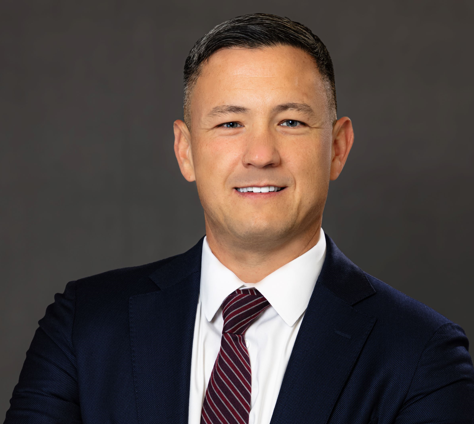

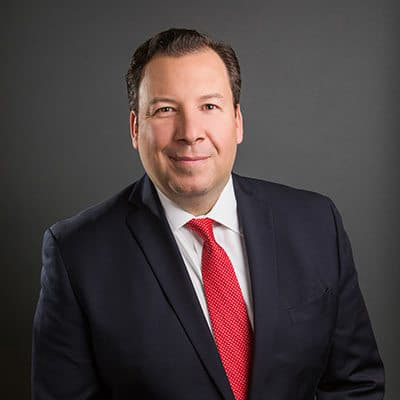
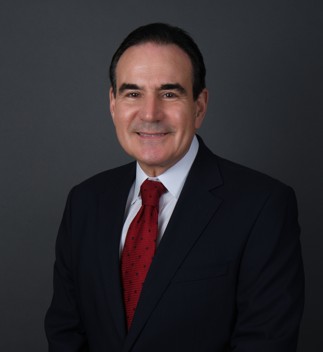









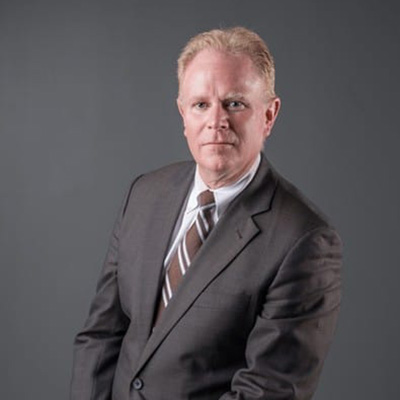


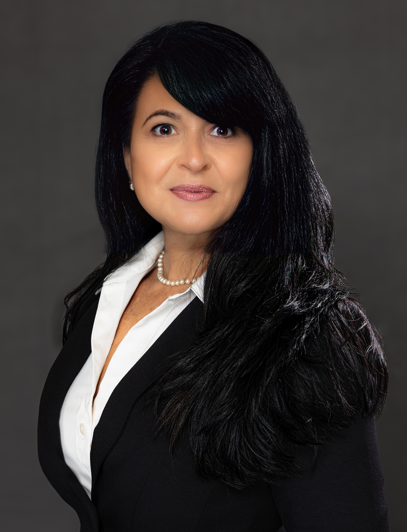

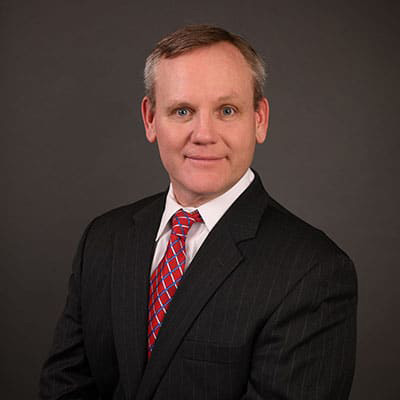






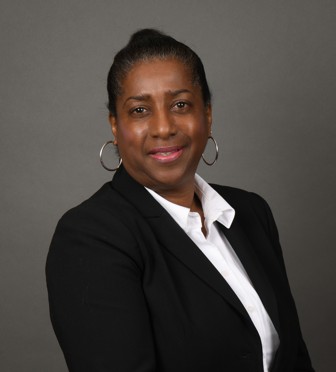





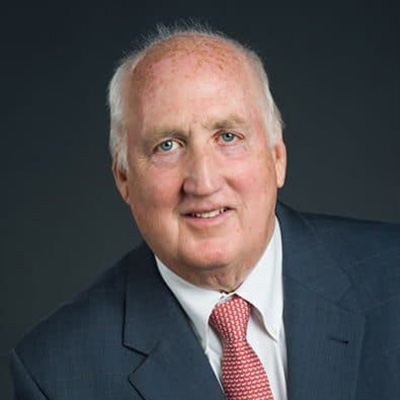

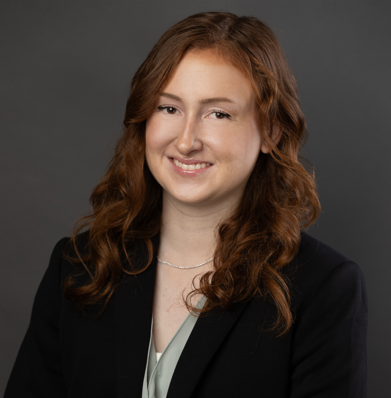






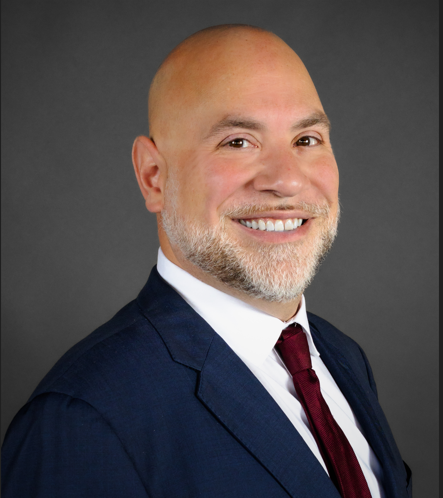







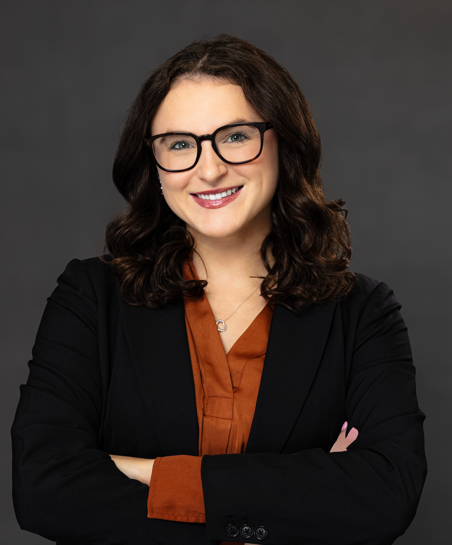


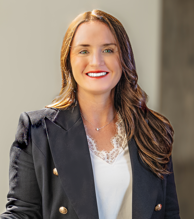


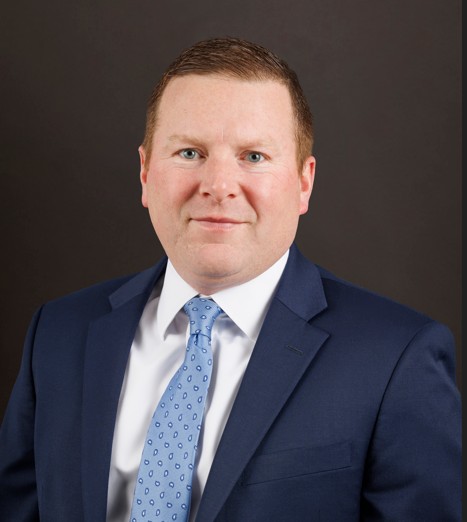

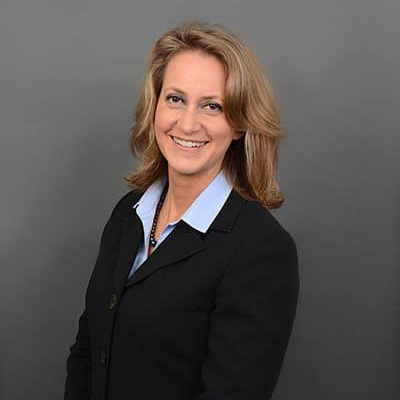

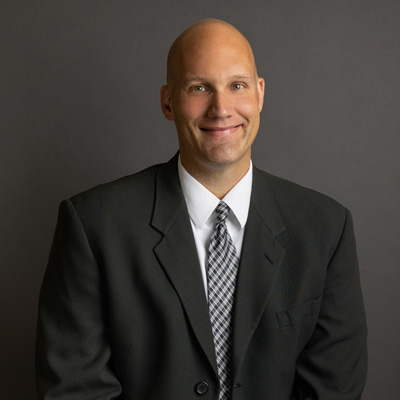

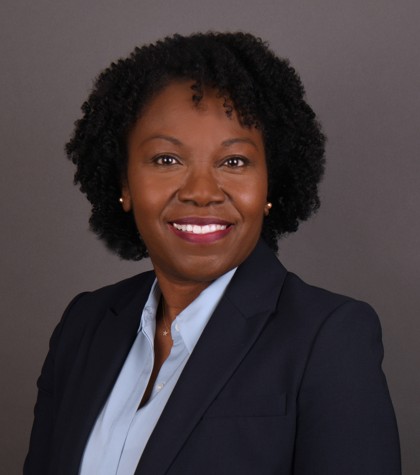



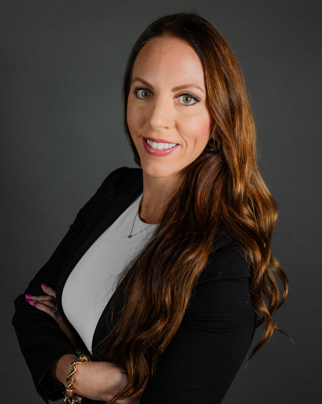

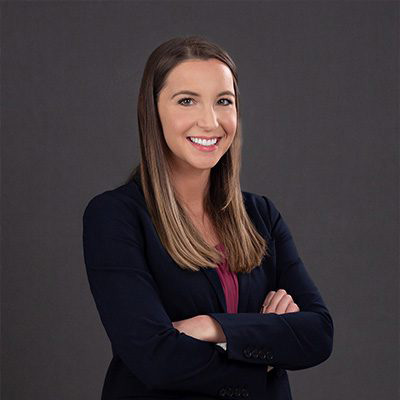

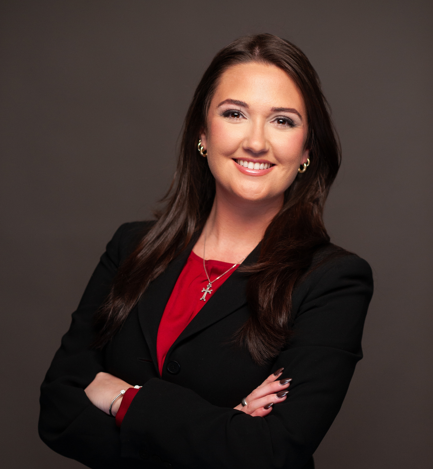





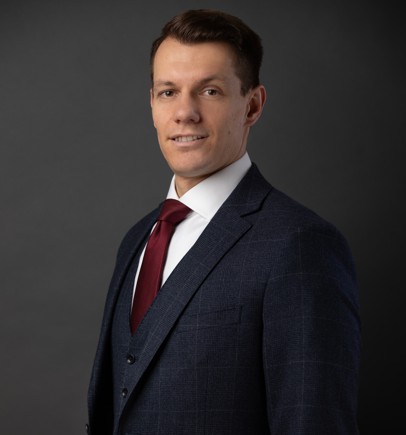
Recent Local Law Shows that the Law’s Understanding of Blasting is not Improving
In 2003, I published an article in The Journal of Explosives Engineering entitled “The Laws Governing Blasting,” in which I explained that, despite the fact that blasting is the most

Recent Supreme Court Case Teaches Important Lessons
It is no secret that public works construction is a difficult business. On any given project there are innumerable ways that things can go wrong. With any project involving excavation

Changes to the Prevailing Wage Law Considered
According to Conn. Gen. Stat. §31-53, all public works construction contracts require the wages paid on the project to “be at a rate equal to the rate customary or prevailing

Public Owners Have Substantial Discretion in Determining the Lowest Responsible Bidder
In a recent decision, the Appellate Court reminded us that it is the lowest responsible bidder and not merely the bidder that submits the lowest price that shall be awarded

